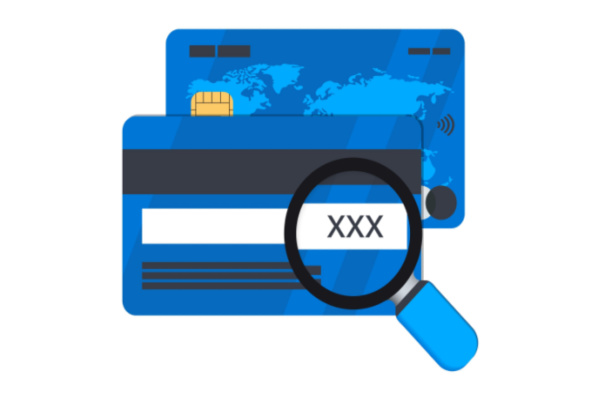Top 10 Facts About CVV Dumps
Introduction
In the world of cybercrime, CVV dumps are a notorious element that often goes unnoticed by the average internet user. CVV dumps are essentially stolen credit card information, including the Card Verification Value (CVV) number. These illegal activities have severe implications for both individuals and businesses. In this article, we will explore the top 10 facts about CVV dumps, shedding light on the dark side of online fraud and its impact on cybersecurity.
- What are CVV Dumps?
A CVV dump is a collection of stolen credit card data that includes the cardholder’s name, card number, expiration date, and the CVV code. brians club The CVV is a crucial security feature for online transactions, making CVV dumps a high-value target for cybercriminals. This data is usually stolen through various means, including data breaches, phishing, and card skimming.
- Darknet Marketplaces
CVV dumps are often sold on the darknet, a part of the internet hidden from search engines and accessible only through specialized browsers like Tor. Cybercriminals exchange stolen data on these underground marketplaces, making it difficult for authorities to track and prosecute them.
- Varieties of CVV Dumps
There are various types of CVV dumps available on the darknet, categorized based on the source and quality of the stolen data. “Classic” dumps contain information from physical card skimming, while “Gold” dumps are harvested from premium sources, such as hacked e-commerce websites. The price of a CVV dump varies depending on its quality and usability.
- High Demand
CVV dumps are in high demand because they can be used for fraudulent transactions and identity theft. Cybercriminals use the stolen data to make purchases or sell it to others for similar illegal purposes. The lucrative nature of this business attracts many individuals to engage in these activities.
- Security Implications
CVV dumps pose significant security risks to both individuals and businesses. When cybercriminals use this data for fraudulent transactions, it can result in financial losses for the cardholders and damage the reputation of businesses. Moreover, data breaches and card skimming incidents often involve weak security measures, which can expose vulnerabilities in payment systems.
- Legal Consequences
Engaging in the sale or purchase of CVV dumps is illegal in most countries. Authorities around the world are continually working to combat these activities, leading to the arrest and prosecution of individuals involved in CVV dump schemes. Penalties for those convicted of CVV dump-related crimes can be severe, including imprisonment and substantial fines.
- Card-Not-Present Fraud
CVV dumps are commonly used for card-not-present (CNP) fraud, which includes online and telephone transactions where the card is not physically present. Cybercriminals can use the stolen CVV to bypass security checks, leading to unauthorized transactions and fraudulent purchases.
- Prevention Measures
To protect against CVV dumps and other forms of cybercrime, individuals and businesses must implement robust security measures. This includes using strong authentication methods, encrypting sensitive data, regularly monitoring transactions for unusual activity, and keeping software and systems up to date.
- Education and Awareness
Raising awareness about CVV dumps and the risks associated with them is essential. Individuals should be educated about safe online practices, recognizing phishing attempts, and protecting their personal and financial information.
- Ongoing Battle
The fight against CVV dumps and cybercrime, in general, is an ongoing battle. Cybersecurity experts and law enforcement agencies continually work to stay one step ahead of cybercriminals. Collaboration between governments, businesses, and individuals is crucial to mitigating the impact of CVV dumps and ensuring a safer online environment.
Conclusion
CVV dumps represent a dark and lucrative side of the online world, causing financial losses, security breaches, and identity theft. Understanding the risks and taking appropriate measures to protect sensitive data is crucial for individuals and businesses in today’s digital age. By staying informed and vigilant, we can collectively work towards reducing the impact of CVV dumps and enhancing cybersecurity.
